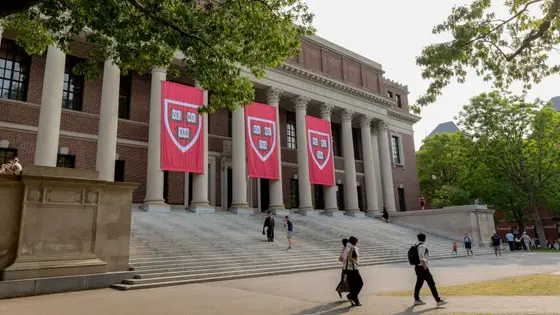T4K3.news
Funding gap endangers right to counsel in federal cases
A shortfall in Defender Services payments has left panel attorneys unpaid and court backlogs growing, risking delays in federal trials and challenges to the right to counsel.
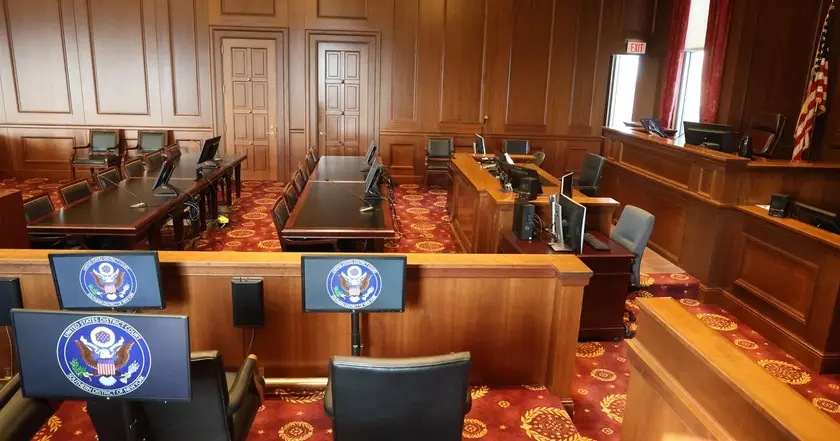
A federal program that pays court-appointed private lawyers has run dry, risking delays and a potential breach of the right to counsel.
Funding Gap Threatens Federal Defender System
The Criminal Justice Act created a pathway for private lawyers to represent criminal defendants when a federal public defender cannot take the case. The program ran out of money on July 3, leaving panel attorneys unpaid and creating a ripple effect through the courts. Across all 94 districts, more than 12,000 private lawyers and defense organizations participate in Defender Services, with 60% of indigent federal cases handled by federal defenders and 40% by the CJA panel. The current shortfall means judges cannot rely on timely payments, and many lawyers report delays in receiving compensation for work already performed.
The gap follows a March funding decision that provided about $1.45 billion for Defender Services, roughly $129 million less than requested. An estimated $116 million is needed to cover roughly 10 weeks of back payments for work already completed, plus funds for support staff such as investigators and paralegals. Some panel attorneys have begun to take bridge loans or decline cases due to the slow payments, while a federal defender office hiring freeze compounds the burden on caseloads. Courts have begun to see docket delays, with a New Mexico case illustrating how cancellations and postponements ripple through the system. Judges, defenders, and prosecutors warn that the problem could erode the right to a speedy and fair trial if Congress does not act.
Key Takeaways
"It’s not optional"
Judge Cathy Seibel on the obligation to fund Defender Services
"The three-legged stool — prosecution, court, and defense — won’t stand if funding is unreliable"
Peter Wold on the system’s fragility
"These are payments for constitutionally required legal work that has already been performed but that will be left unpaid for months simply because we cannot afford to make the payments"
Letter from Judges Amy St. Eve and Robert Conrad
"Pay late, justice delayed"
Commentary reflecting the real impact of delayed payments on outcomes
This funding squeeze exposes a structural flaw in how the federal justice system pays for defense. The labor force behind CJA panels is made up largely of small firms and solo practitioners, whose work is essential when a defender cannot take a case. When payments stall, not only do lawyers struggle to cover overhead, but the pipeline of qualified counsel falters and case timelines stretch. The stopgap approach to funding, and the likelihood of repeated shortfalls, risks normalizing delays in the right to counsel. A sustainable solution would treat Defender Services as a constitutional obligation, not a funding line item that can be paused without consequence. The longer Congress waits, the deeper the backlog grows and the greater the risk to due process. The system needs predictable, adequate funding to keep its three legs balanced: prosecution, courts, and defense.
Highlights
- Pay late justice delayed
- Defenders on a shoestring, cases in jeopardy
- Funding silence equals courtroom gridlock
- Constitution needs cash not excuses
Budget crisis in Defender Services risks constitutional rights
The halt in payments to CJA panel attorneys and the accompanying staff disruptions threaten the right to counsel and could cause trial delays or dismissals. The issue also has budgetary and political implications as Congress negotiates funding amid broader spending debates.
Funding decisions should reflect the constitutional obligation to provide effective counsel, not leave defendants to navigate justice on a shoestring.
Enjoyed this? Let your friends know!
Related News
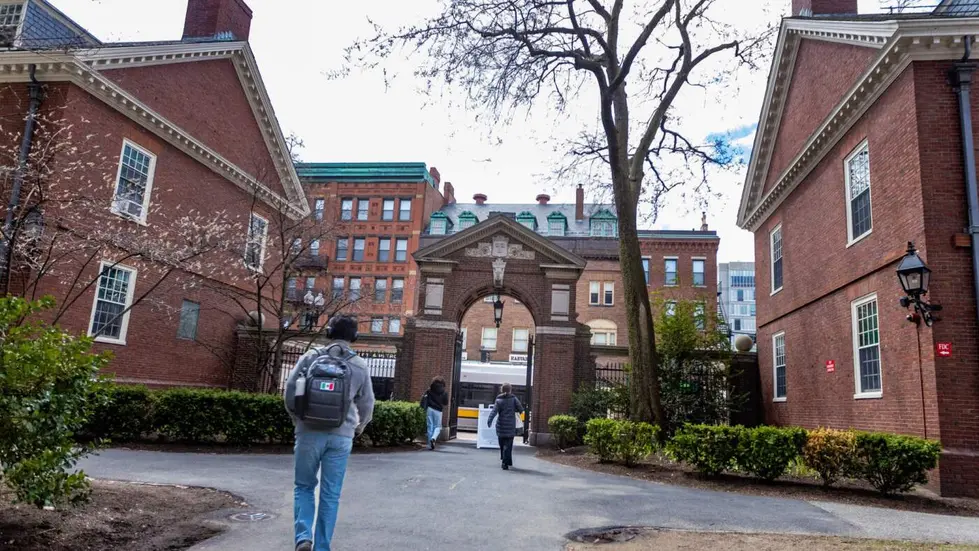
Harvard contests federal funding freeze in court
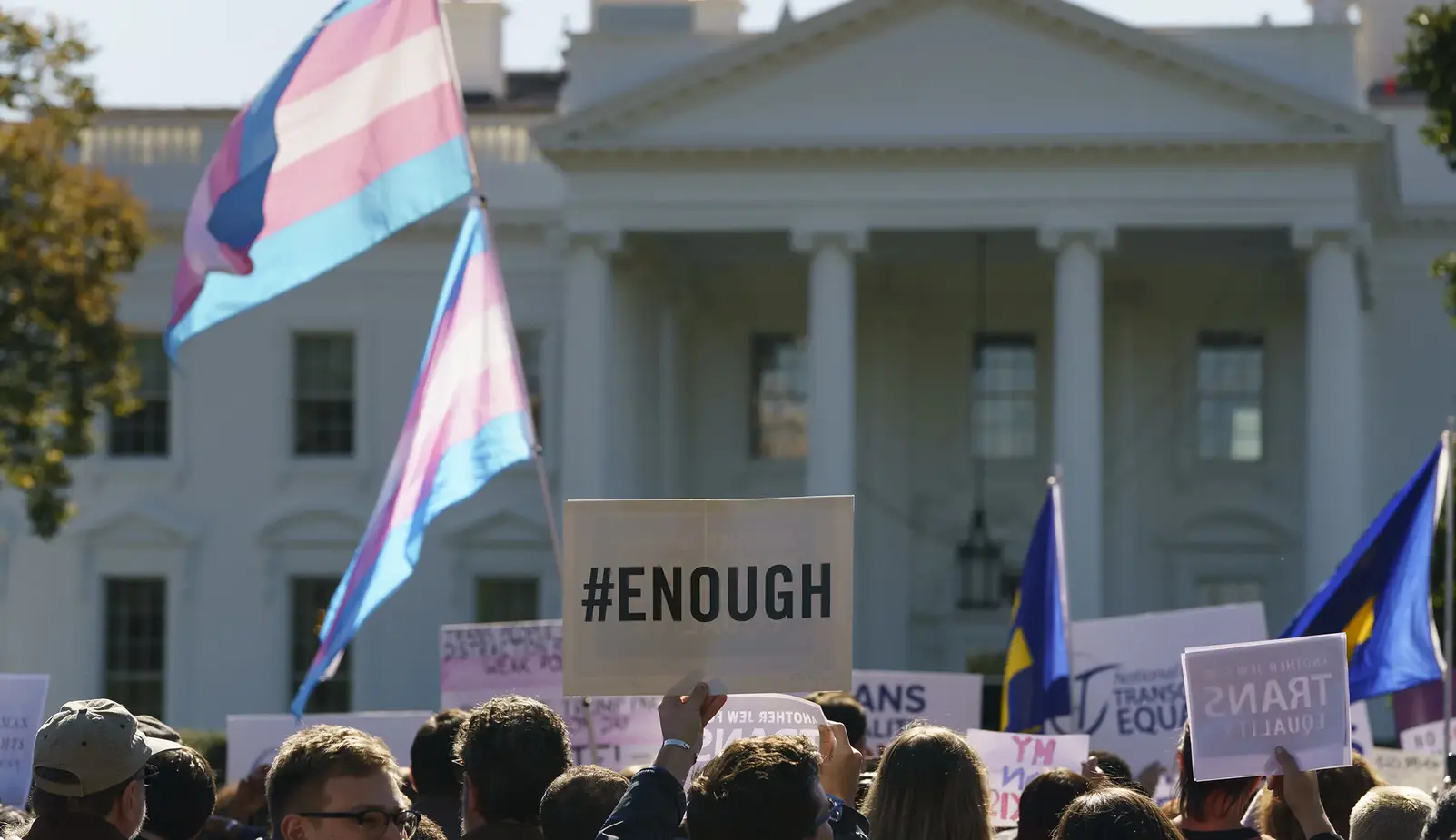
Biden's Title IX changes face legal challenges
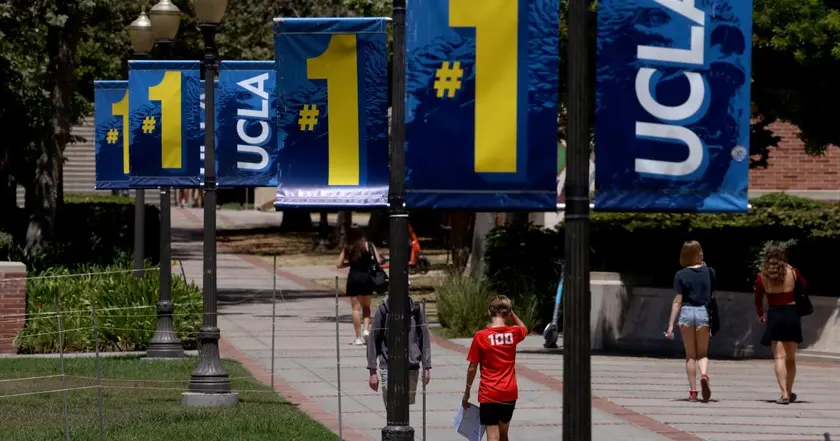
UCLA faces $584 million loss as federal grants are suspended

ERASE MM funding at risk as deadline nears
COVID-19 cases are increasing with unreliable tracking data
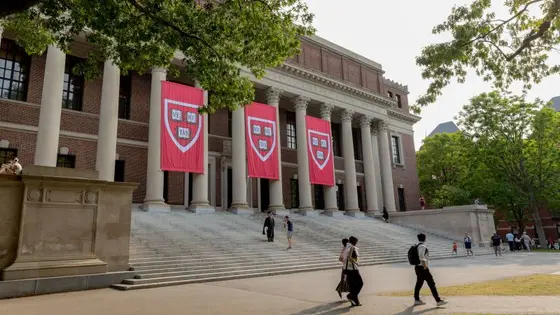
Trump administration aims for deal with Harvard after Columbia settlement

Proposed Medicaid cuts may endanger maternal health

Israeli Forces Face Allegations of War Crimes
